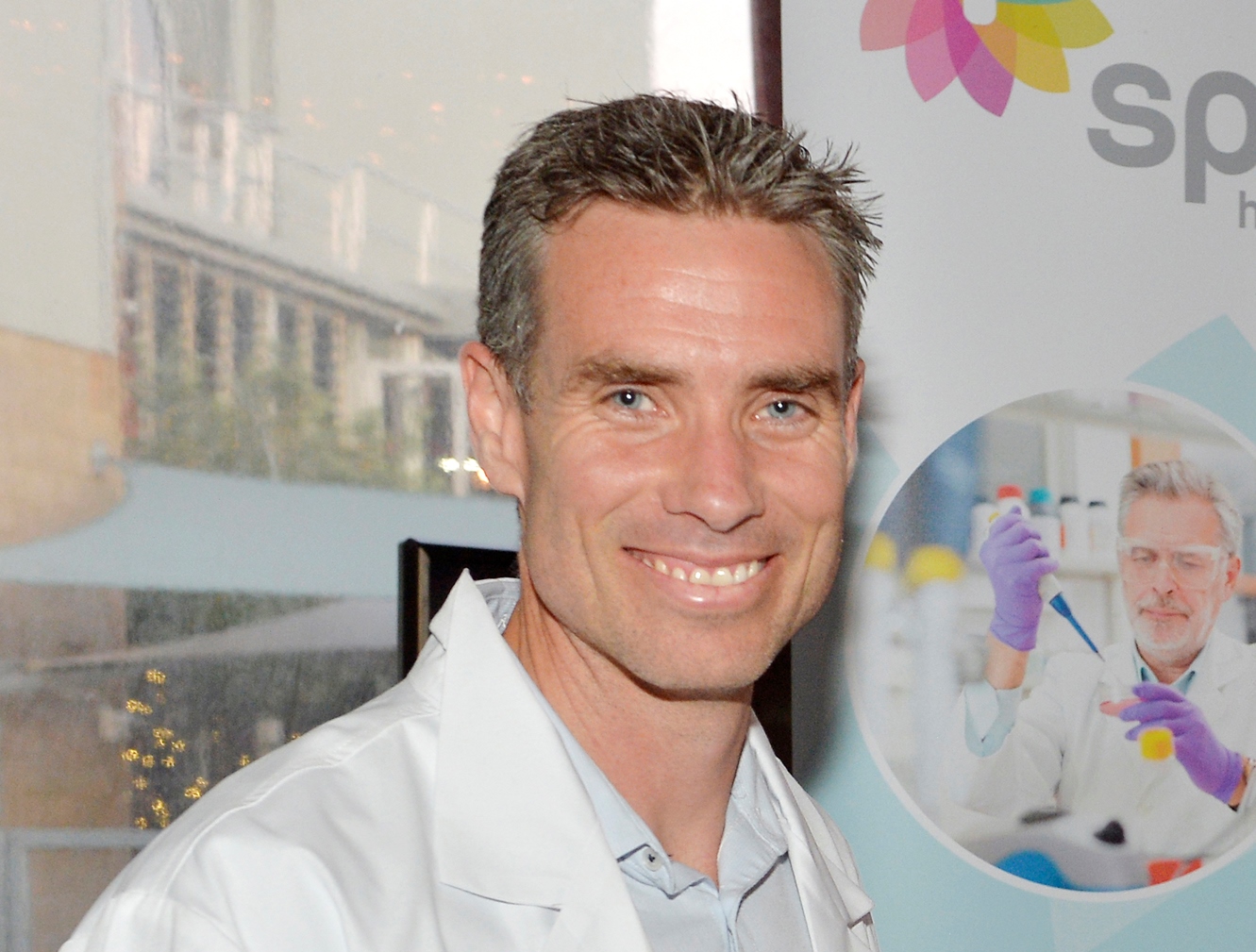Helping children on the autism spectrum be active
The benefits of increased physical activity for children on the autism spectrum are far-reaching!

The benefits of increased physical activity for children on the autism spectrum are far-reaching!

Increasing physical activity among children on the autism spectrum is the focus of a new program funded through Spinnaker’s latest Telethon grant.
The benefits of increased physical activity for children on the autism spectrum are far-reaching!
Not only can exercise improve fitness and general health, but it has also shown to improve:
Despite these benefits, only 14% of Western Australian children and adolescents on the autism spectrum meet the recommended physical activity.
Associate Professor Timothy Fairchild from Murdoch University aims to change all that!
With the Telethon grant, he will develop an eight-week personalised exercise program and educational resources for families to boost physical activity for children on the autism spectrum.
Importantly, children and their parents/carers will co-design the program, alongside an Exercise Physiologist, to ensure it meets their unique needs.
“This program aims to improve the quality and access of physical activity programs available to Western Australian children on the autism spectrum,” A/Prof Fairchild said.
“A key feature is that children and their parents/carers are involved in identifying the focus areas of the program – such as fine motor coordination, cardiorespiratory fitness, muscular strength, social functioning, sleep quality and quantity – and developing them into activities embedded in the eight-week intervention.
“This co-design aspect is integral and has been identified as a priority within the autism community.”
A/Prof Fairchild said despite the many physical and mental health benefits of physical activity, there are many barriers to children on the autism spectrum becoming active.
“For example, most spaces designed to engage children, like playgrounds, are daunting to children on the autism spectrum. They are loud, social, active and unpredictable; these barriers are typically amplified in sporting environments.
“If we can improve physical activity at a young age, it will help support these improved behaviours and habits being carried into adolescence and adulthood.”
About 20 families will be sought to take part in the program, identified through the South Metro Health Services (SHMS) area.
*Researchers and Spinnaker acknowledge that many members in the autism community prefer identity first language (ie, autistic person or autistic child). In this article, we have used person-first language based on preferences of children involved in the project and our own children with autism.
Donate today to support research